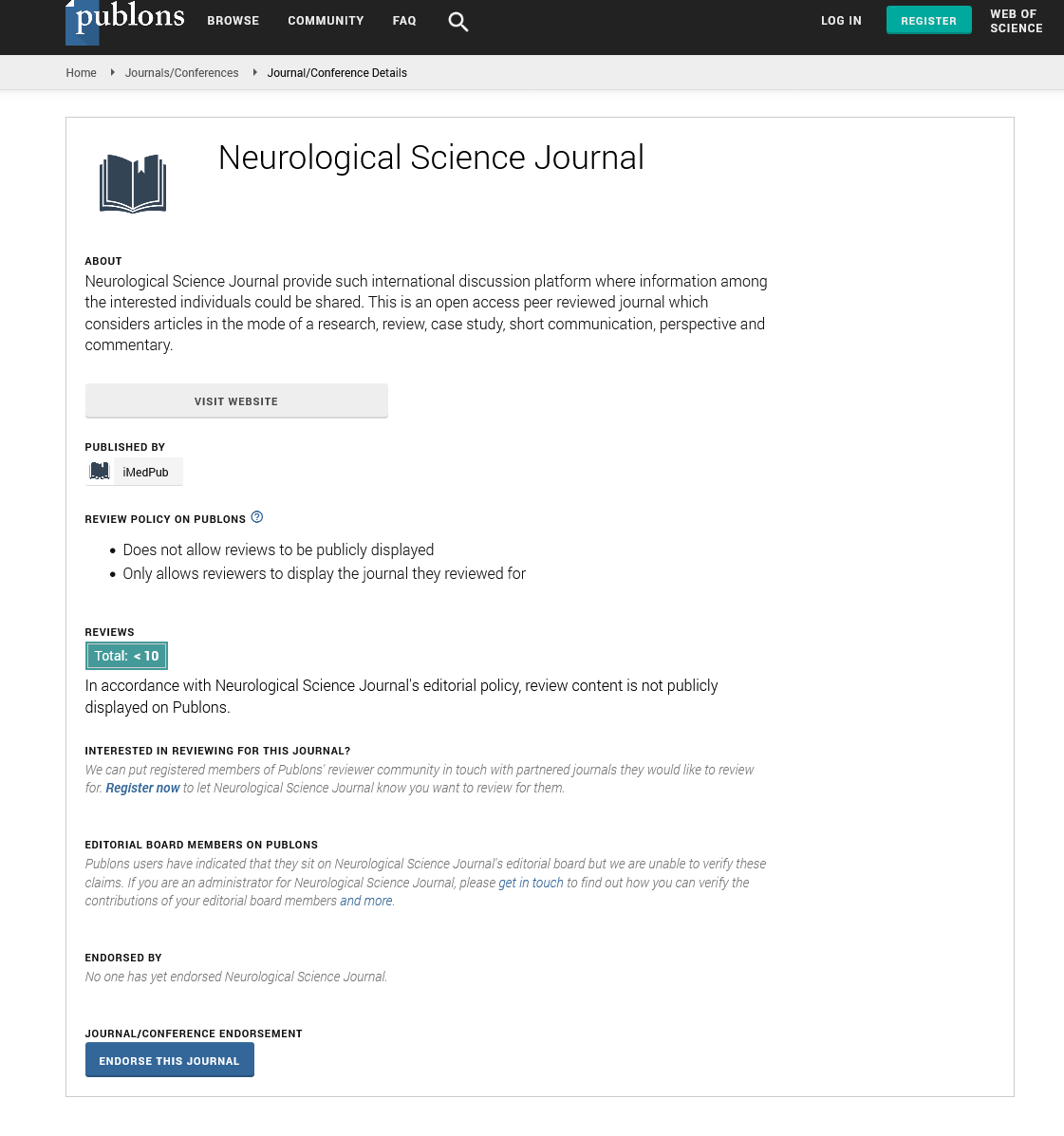Abstract
Life satisfaction and depressive symptom among alcohol misuse in kurdistan
While the impact of alcohol consumption and dependence on mortality and disease is substantial, there are also many social and economic burdens resulting from the effects of alcohol on individuals, families, workplaces, and society as a whole. This means that alcohol consumption and dependence have sizable impacts on many people other than the drinker. Among the most devastating effects are insufficient fulfillments of roles; family problems, including divorce; problems with parenting at the family level; and lost productivity in the workplace (Rehm et al., 2012).
May be some of persona use alcohol to reduce depression symptoms or to reduce anxiety like show in this research: Alfredo et al. (2013), found Moderate alcohol intake within the range of 5 to 15 g/day was significantly associated with lower risk of incident depression. Specifically, wine consumption in the range of two to seven drinks/week was significantly associated with lower rates of depression
Most researchers agree that, although life satisfaction fluctuates over time (Diener, Oishi, & Lucas, 2003), in the long run, even exhilarating or traumatic events do not change it drastically. One explanation for that is that personality explains most of the variability in life satisfaction, and, as personality traits and dispositions tend to be stable over time, they create stability in levels of life satisfaction (Spector et al., 2001).
According to Saha and Gopal (2013) Chandra Most of those young people manage to handle college life stresses and challenges with aplomb, others have difficulty in adjusting. They are experiencing emotional turmoil, suffering from depressed mood, believing their lives are controlled by outside forces rather than their
own efforts, and feeling discontented with life. Accordingly, this study provides information regarding the relationship between life satisfaction and depression symptom among alcohol misuse in Kurdistan.
Author(s): Hataw Ahmed Sharif
Abstract | Full-Text | PDF
Share This Article
Google Scholar citation report
Citations : 11
Neurological Science Journal received 11 citations as per Google Scholar report
Neurological Science Journal peer review process verified at publons
Abstracted/Indexed in
- Google Scholar
- Publons
Open Access Journals
- Aquaculture & Veterinary Science
- Chemistry & Chemical Sciences
- Clinical Sciences
- Engineering
- General Science
- Genetics & Molecular Biology
- Health Care & Nursing
- Immunology & Microbiology
- Materials Science
- Mathematics & Physics
- Medical Sciences
- Neurology & Psychiatry
- Oncology & Cancer Science
- Pharmaceutical Sciences
